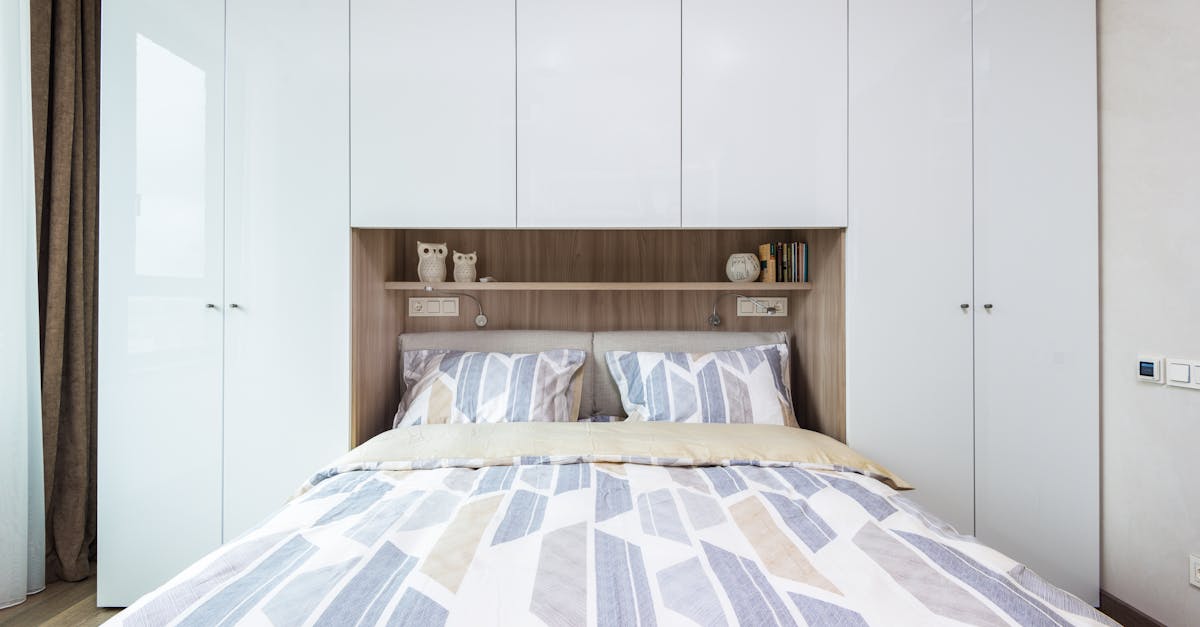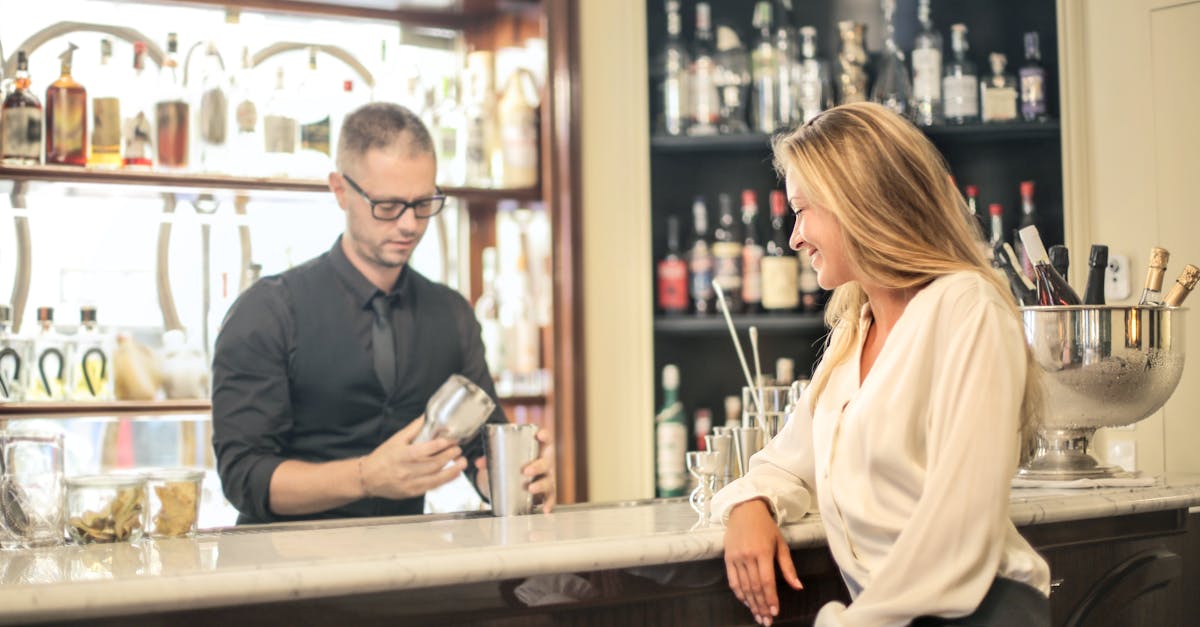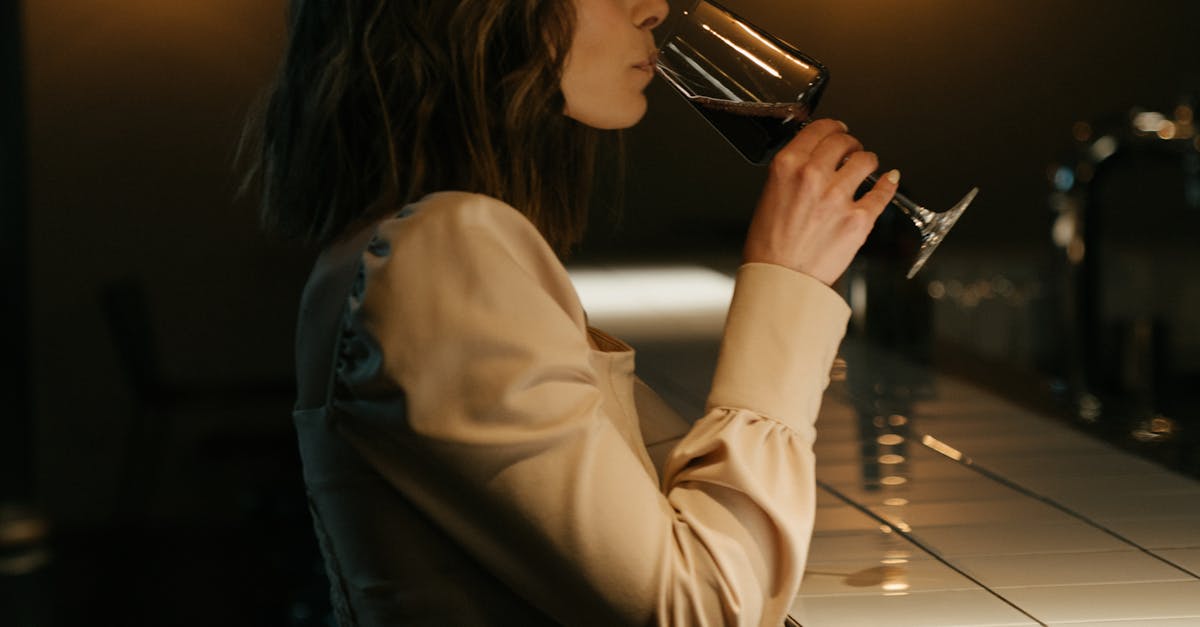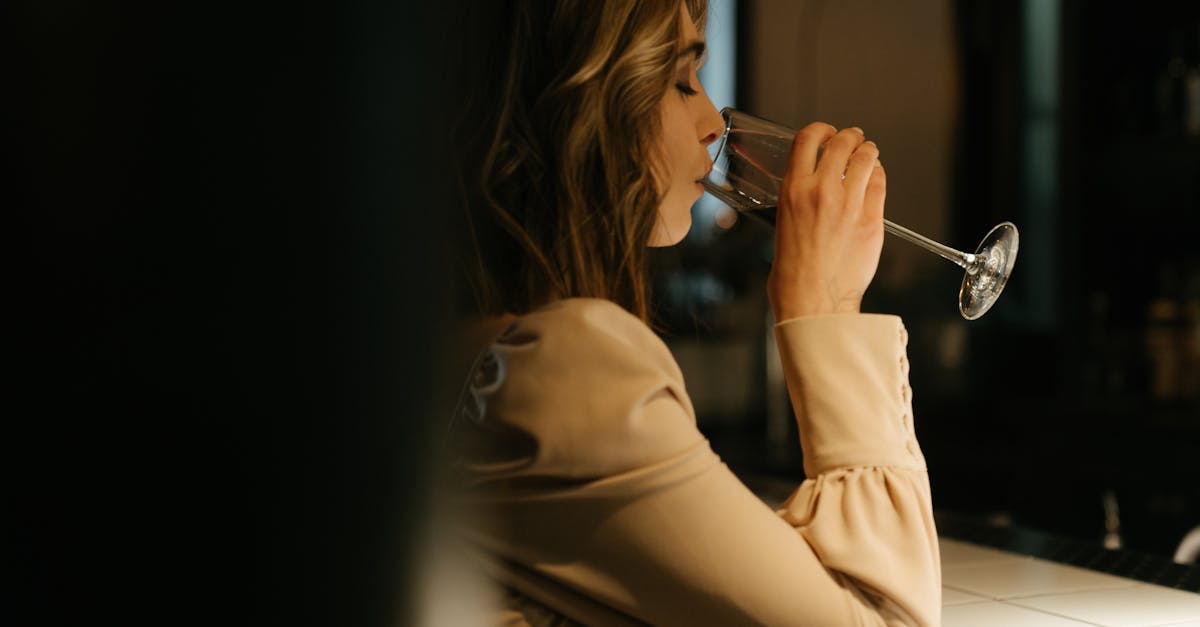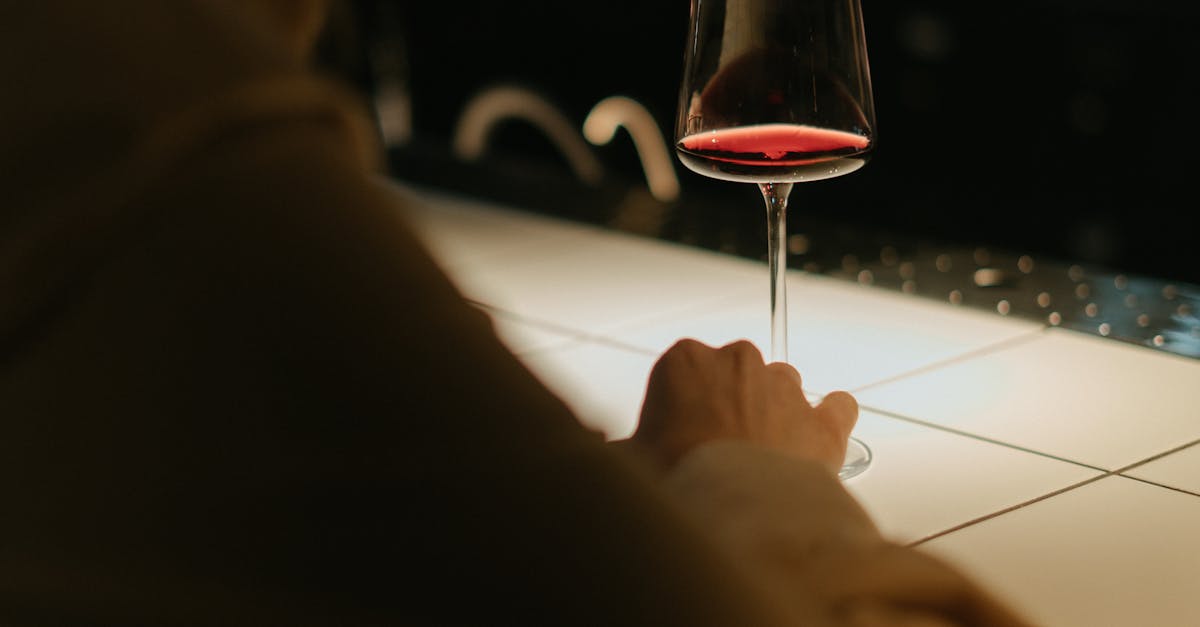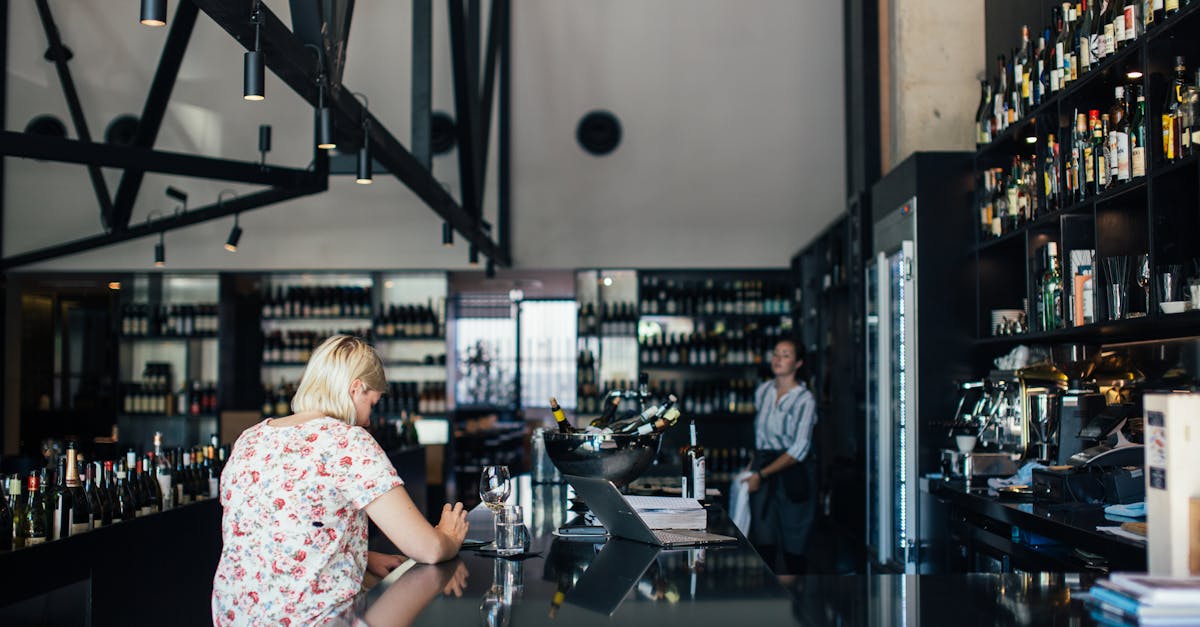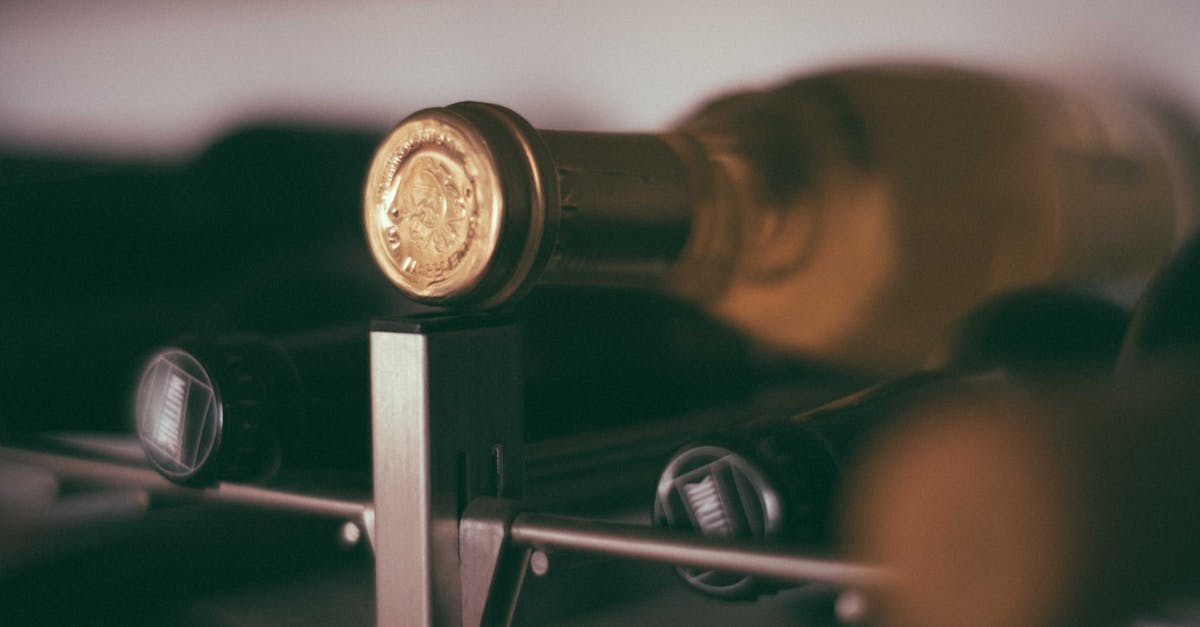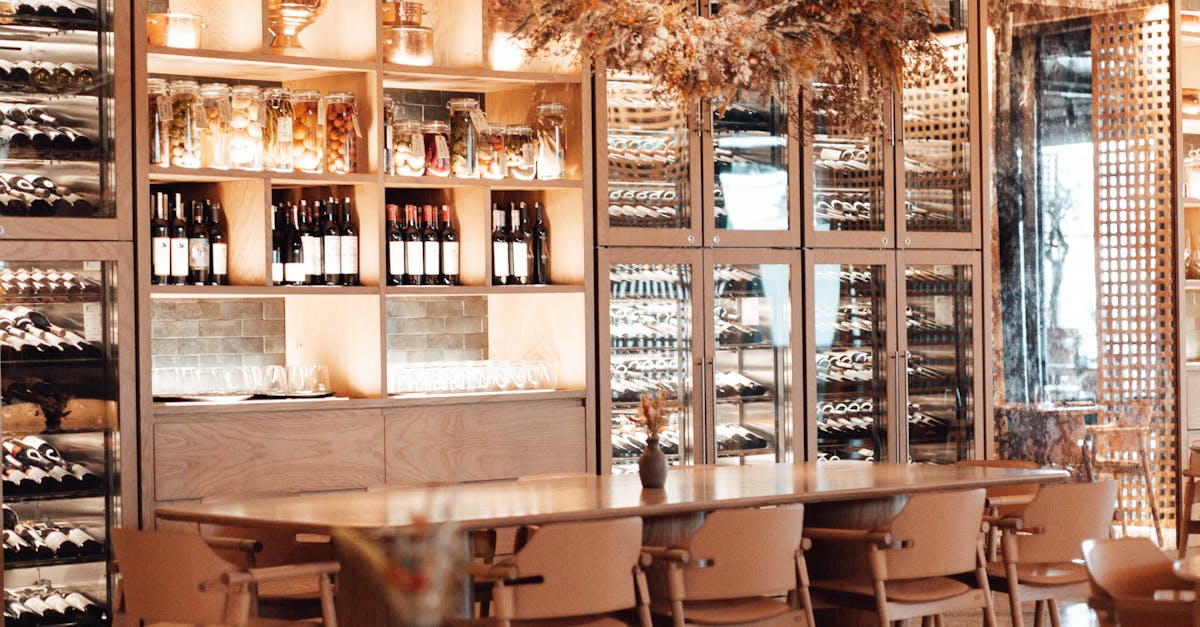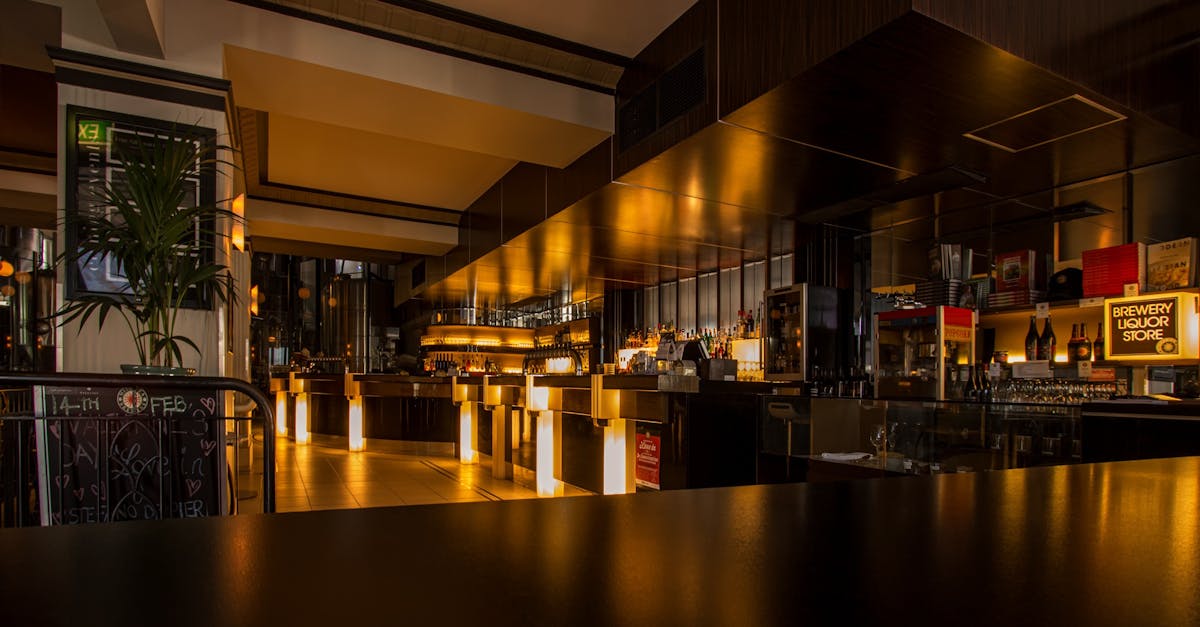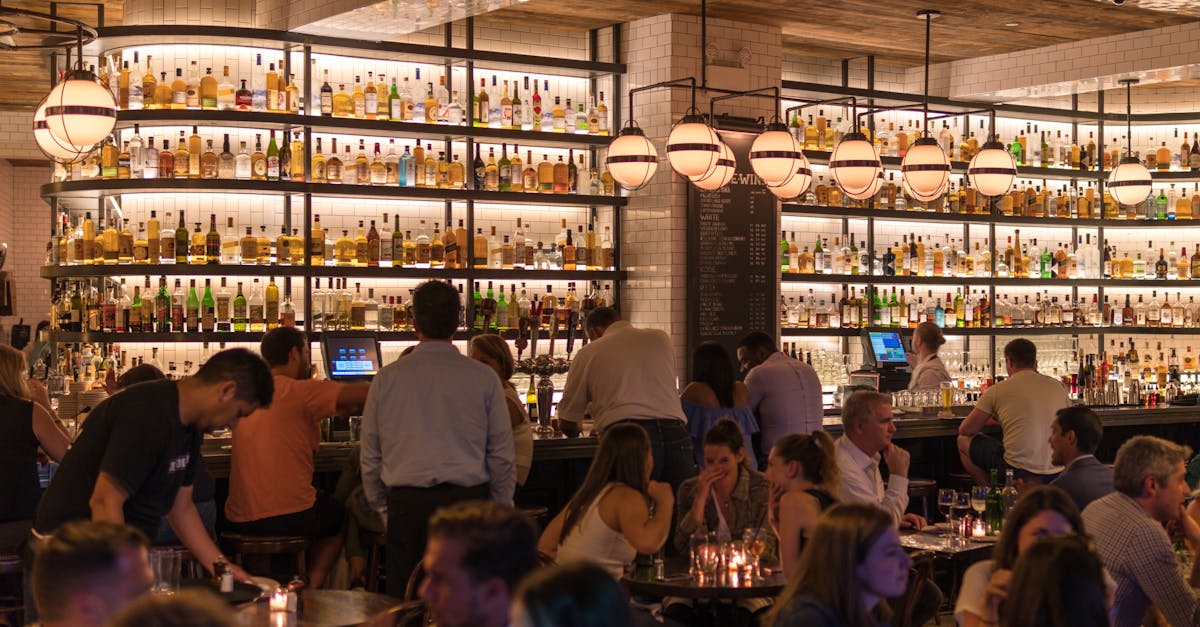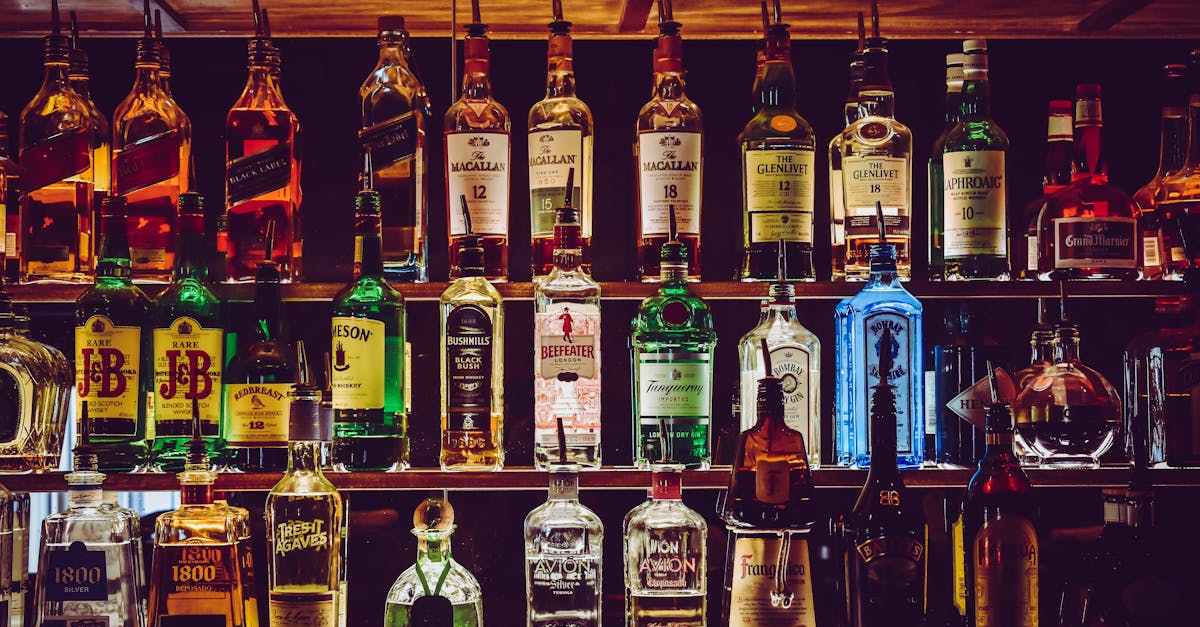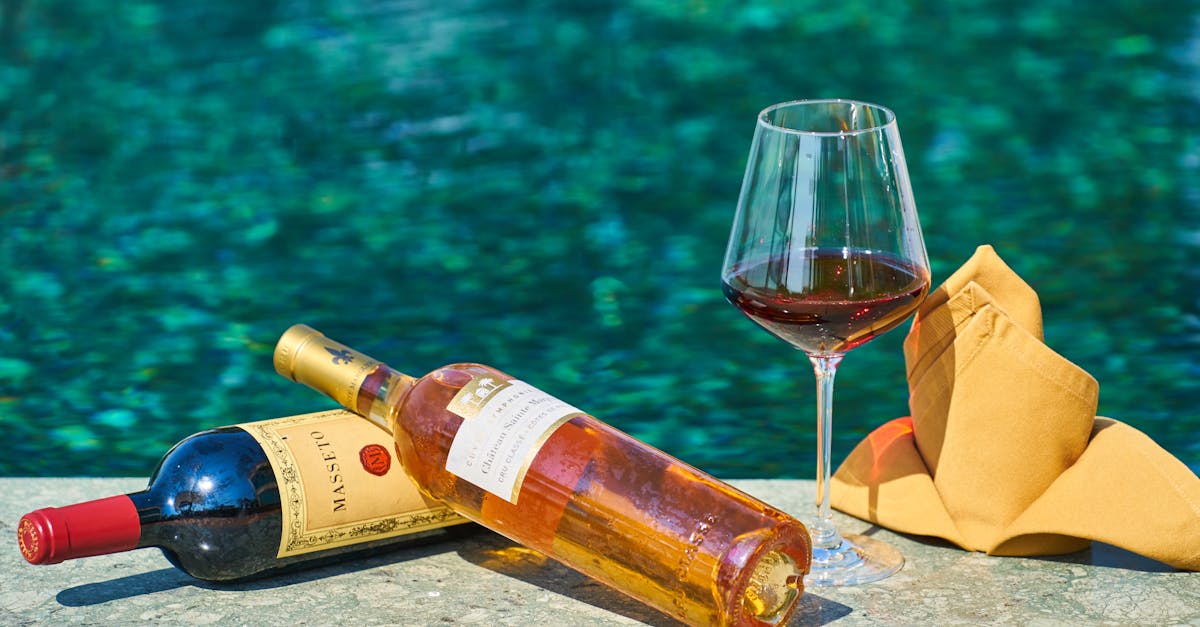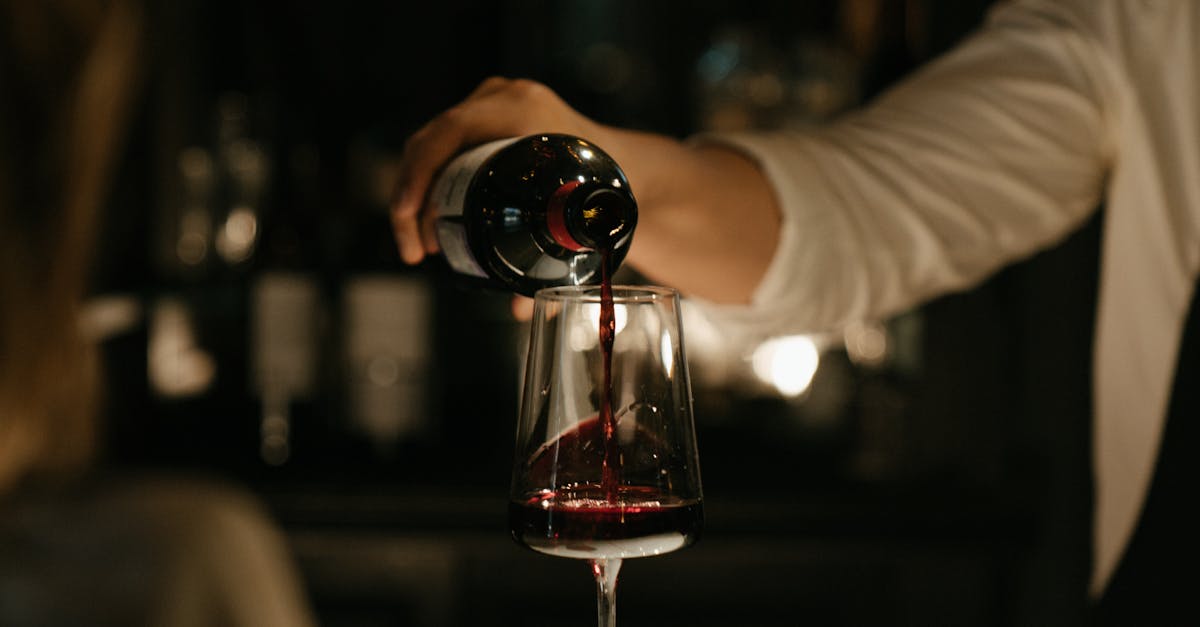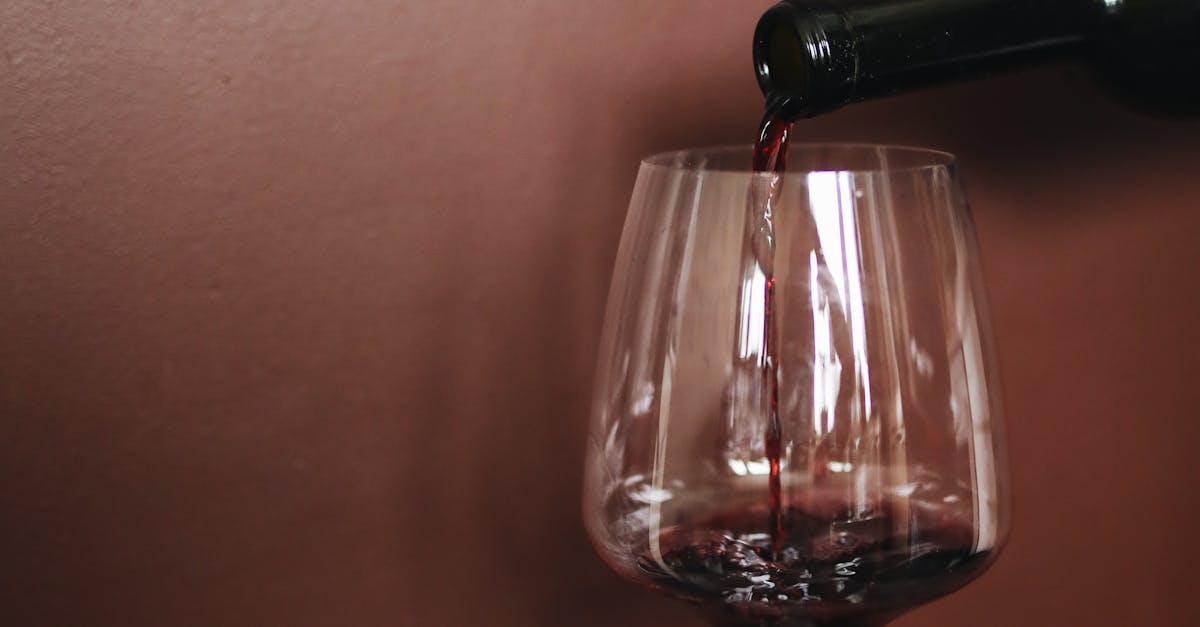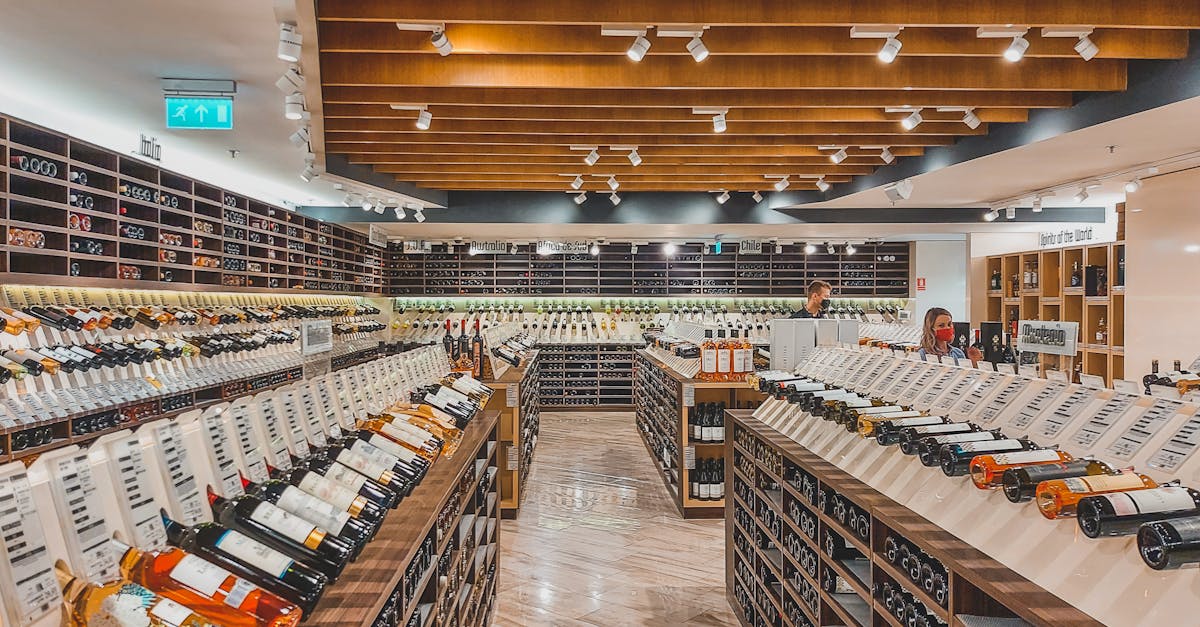
Table Of Contents
Stocking Your Garage Wine Cellar with the Right Wines
Stocking your garage wine cellar with the right wines is crucial for a successful wine storage experience. When selecting wines for your collection, consider your personal preferences as well as popular choices among guests. Custom Bars and Wine Cellars recommends opting for a variety of reds, whites, and sparkling wines to cater to different tastes and occasions. An assortment of both aged wines and newer vintages can provide versatility in your selection, allowing for different wine experiences depending on the mood or event.
Diversifying your collection with wines from various regions and grape varieties can enrich your cellar and offer a well-rounded tasting experience. In addition, consider adding a few special bottles to mark celebrations or milestones. Whether you are a wine connoisseur or enthusiast, stocking your garage wine cellar with a thoughtfully curated selection can enhance your enjoyment and deepen your appreciation for the world of wines.
Understanding Wine Storage Conditions and Rotation for Maximum Flavor Preservation
When considering the storage of wine in your garage wine cellar, it is crucial to understand the optimal conditions necessary to preserve the flavor of your wines. Custom Bars and Wine Cellars recommends maintaining a consistent temperature between 55-57 degrees Fahrenheit as fluctuations in temperature can adversely affect the wine's aging process, leading to premature aging or deterioration of flavors. Additionally, it is essential to store wine bottles horizontally to keep the cork moist and prevent it from drying out, which could lead to air seeping into the bottle and spoiling the wine.
Moreover, rotating your wine collection regularly is key to ensuring all bottles are aging evenly and experiencing optimal development. Custom Bars and Wine Cellars suggests organizing your wines by vintage and varietal, and periodically shifting older bottles to the front of the storage racks for easy access. By implementing a rotation system, you can prevent certain bottles from being overlooked for an extended period, ultimately enjoying them at their peak flavor profiles.
Maintaining and Monitoring Your Garage Wine Cellar
Maintaining and monitoring your garage wine cellar is crucial to ensure that your collection remains in optimal condition. Regularly check the temperature and humidity levels to guarantee they fall within the recommended range for wine storage. Investing in a quality thermometer and hygrometer is essential for accurately monitoring these conditions. Custom Bars and Wine Cellars also advises keeping a log of these readings to track any fluctuations over time.
In addition to temperature and humidity control, periodically inspect your wine bottles for any signs of damage or leakage. Make sure that the bottles are stored horizontally to keep the corks moist and prevent them from drying out. Dusting the bottles and shelves regularly will help maintain a clean environment in your garage wine cellar. By staying proactive in the maintenance and monitoring of your collection, you can enjoy your wines at their best for years to come.
Establishing a Routine for Temperature and Humidity Maintenance
Establishing a routine for temperature and humidity maintenance in your garage wine cellar is crucial to ensuring the long-term preservation of your prized wine collection. Custom Bars and Wine Cellars recommends maintaining a consistent temperature between 55-59°F (12-15°C) and humidity levels between 60-70%. Fluctuations in temperature and humidity can lead to the premature aging of your wines, affecting their taste and aroma.
To achieve optimal conditions, invest in a quality wine cellar cooling system that can regulate temperature and humidity levels effectively. Place a thermometer and a hygrometer in different areas of your garage wine cellar to monitor any fluctuations regularly. Additionally, consider insulating your wine cellar properly to prevent external temperature changes from affecting the internal environment. By following these guidelines and implementing a regular maintenance routine, you can create a stable climate that enhances the aging process of your wines while safeguarding their quality.
Troubleshooting Common Issues in Garage Wine Cellars
Garage wine cellars can come with their own set of challenges when it comes to maintenance and troubleshooting. One common issue that may arise in these setups is mold and mildew growth. Due to the potentially damp environment of a garage, mold and mildew can quickly develop on wine bottles and cellar surfaces if not properly managed. To address this issue, it is crucial to regularly inspect your garage wine cellar for any signs of mold or mildew. Maintain proper ventilation and consider using a dehumidifier to control moisture levels, preventing the growth of these harmful contaminants.
Another challenge that may arise in garage wine cellars is temperature inconsistency. Fluctuating temperatures can affect the quality of your wine and compromise its flavor. To troubleshoot this issue, monitor the temperature in your garage wine cellar regularly and make adjustments as needed. Insulate your cellar to help maintain a more stable temperature and consider investing in a temperature control system to regulate the climate more effectively. By staying vigilant and proactive in troubleshooting common issues, you can ensure that your garage wine cellar, designed by Custom Bars and Wine Cellars, continues to store and preserve your wine collection optimally.
Addressing Mold and Mildew Growth in Your Wine Cellar
Mold and mildew growth in your wine cellar can be a common issue, particularly in environments with high humidity levels. To address this problem, it's crucial to conduct regular inspections of your wine cellar for any signs of mold or mildew. If you spot any growth, it's essential to act promptly to prevent further spread and potential damage to your wine collection. Custom Bars and Wine Cellars recommend using a solution of water and white vinegar to clean affected areas thoroughly. Additionally, ensuring proper ventilation in your wine cellar can help to reduce excess moisture and prevent mold and mildew from developing. Regularly monitoring humidity levels and using a dehumidifier if necessary can also aid in maintaining a mold-free environment for your wines.
FAQS
Can I build a wine cellar in my garage?
Yes, you can build a wine cellar in your garage as long as you take necessary measures to ensure proper temperature, humidity, and light control.
What are the key factors to consider when stocking a garage wine cellar with the right wines?
When stocking a garage wine cellar, consider factors such as the type of wines you enjoy, how long you plan to store them, and the storage conditions required for each specific wine.
How can I maintain and monitor my garage wine cellar to ensure optimal storage conditions?
To maintain a garage wine cellar, establish a routine for monitoring temperature and humidity levels, regularly check for any signs of mold or mildew, and ensure proper bottle rotation to preserve wine flavor.
What are some common issues that may arise in a garage wine cellar, and how can they be addressed?
Common issues in garage wine cellars include temperature fluctuations, humidity imbalances, and mold growth. These can be addressed by investing in a quality wine cellar cooling system, using a hygrometer to monitor humidity, and promptly addressing any mold or mildew growth.
Is it normal to encounter mold and mildew growth in a garage wine cellar, and how can I prevent it?
Mold and mildew growth can occur in garage wine cellars due to high humidity levels. To prevent it, ensure proper ventilation, maintain ideal humidity levels, and regularly inspect and clean your wine cellar to prevent mold and mildew buildup.
